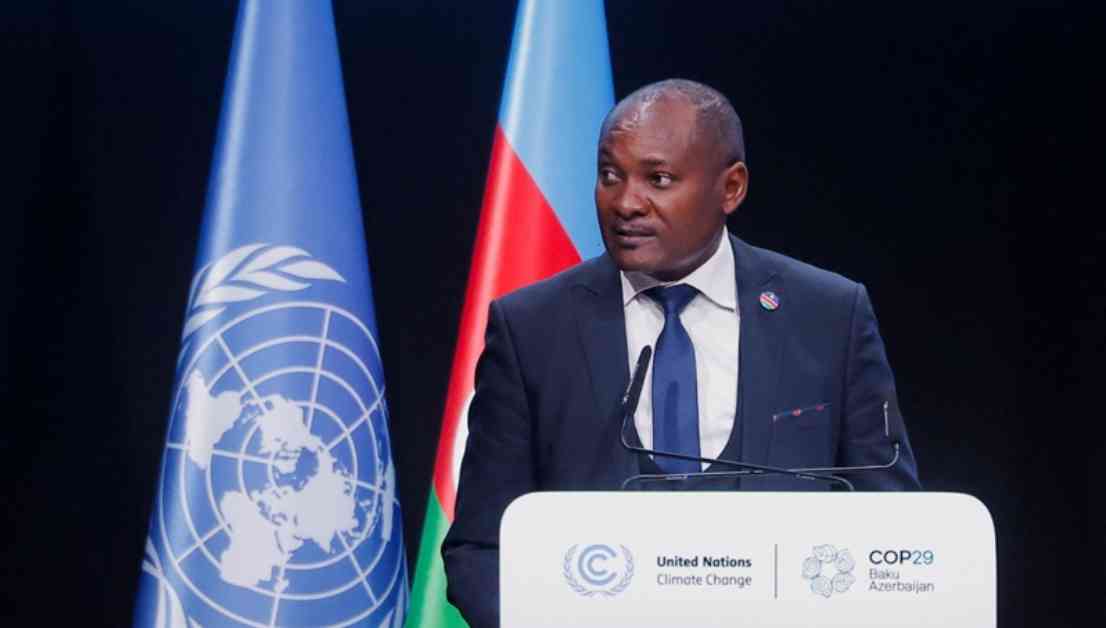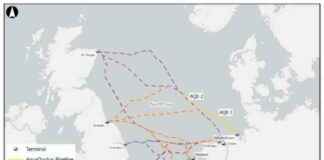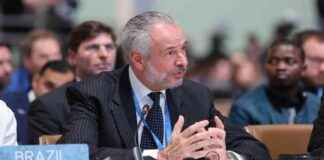Namibia Seeks Oil and Gas Investments at COP29 Climate Summit
Namibia is making waves at the COP29 climate summit in Baku as it advocates for oil and gas investments, despite global efforts to transition away from fossil fuels. The Namibia Investment Promotion and Development Board (NIPDB) is leading the charge, organizing side events and showcasing its 2024-2025 investment opportunity catalogue to attract investors to develop the country’s oil and gas sector.
High Hopes and Doubts
In the catalogue, Namibia boldly claims that exploring petroleum in four frontier basins could double the country’s GDP by 2040 if commercially viable. Partnering with Norwegian company BW Energy to develop the Kudu Gas fields, Namibia aims to become a net electricity exporter. However, experts like Vance Culbert from the International Institute of Sustainable Development (IISD) doubt the feasibility of such ambitious projections, citing the challenges of investment deals and the transition away from fossil fuels.
Lessons from Others
Acknowledging the risks associated with natural resource discoveries, the Namibian government vows to manage the new sector effectively to benefit all citizens. However, skeptics like Fadhel Kaboub and Mohamed Adow caution against following in the footsteps of countries like Nigeria and Angola, where abundant oil reserves have not translated into economic prosperity for the people. The potential for a “resource curse” looms large as Namibia pursues oil and gas investments.
Environmental and Social Concerns
Namibian climate activist Ina-Maria Shikongo raises alarm bells about the impacts of oil drilling on water bodies, farmlands, and communities. She warns that over a million people across borders could suffer from the environmental consequences of Namibia’s oil and gas agenda. As the world shifts towards clean energy, Namibia risks being left with stranded assets and facing economic challenges in the future.
Despite these concerns, African leaders like Karabo Mokgonyana advocate for a transition to renewables to secure sustainable economic development. The debate over the future of Namibia’s energy sector continues to unfold at COP29, highlighting the complex interplay between economic growth, environmental sustainability, and social responsibility. As the world grapples with the urgent need to address climate change, Namibia’s push for oil and gas investments stands at a crossroads, inviting reflection on the path towards a cleaner, more equitable energy future.














